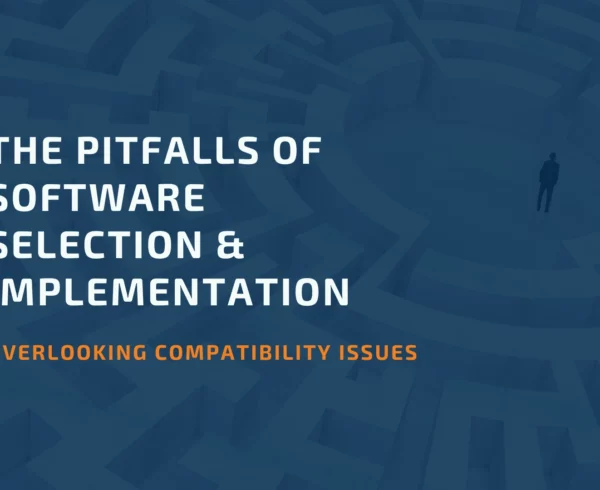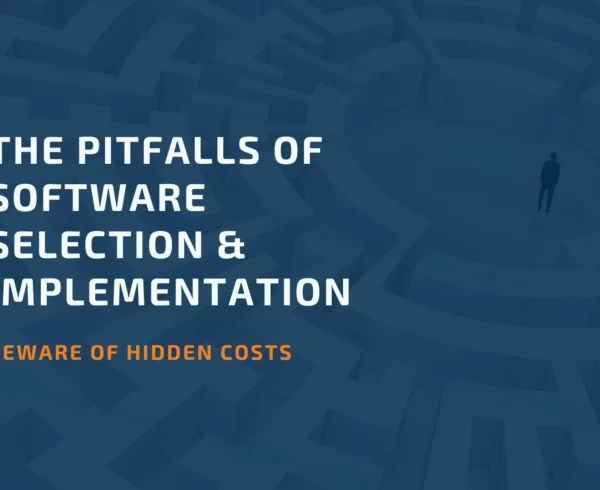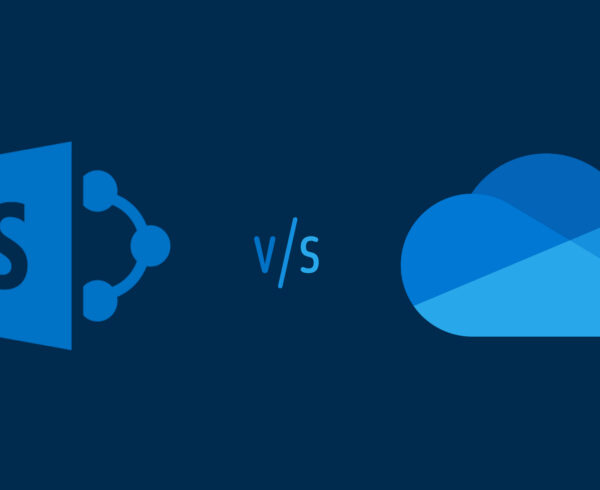
Enterprise Resource Planning (ERP) plays an integral role in modern businesses by improving productivity, automation, and streamlining business processes – even accounting & financial management. There was a time when financial management meant spreadsheets, which were prone to errors and mistakes. But those days are now gone, with modern-day ERP systems evolving rapidly. ERP helps seamless execution of day-to-day financial processes. It is also known to minimize the staggering impact of any economic disruption on the business by making it more resilient to crisis. Given the present global economic downturn due to COVID-19, ERP systems for financial management are just what enterprises need.
ERP solutions assist companies in streamlining the accounting process through data integration, delivering a clear 360-degree view of the business, and empowering business owners and managers to make quick, informed decisions. Instead of spending endless hours inputting data manually from numerous ERP systems and tools, organizations can advance ERP functionalities by integrating them with financial close software.
There are numerous ways ERP can help with financial management, see below:
Financial Transparency
Undoubtedly, ERP systems are important in executing an organization’s daily operations. While your ERP serves as an effective means of recording day-to-day transactional data and figures, the functionality usually continues. Teams often migrate outside these systems to complete the period-end financial close. This places the integrity of their financial data at risk. The ERP system delivers precise, reliable information promptly so that the organization uses its resources optimally, ensuring that the business processes are correctly organized and managed.
Navigating multiple ERP systems and legacy tools means your financial data is dispersed and decentralized. Completing the financial close outside of ERP systems also increases the reliance on legacy tools and spreadsheets, which becomes an even more pressing issue when gathering documents for an audit.

Reduced Human Errors
Manual data entry is always predisposed to errors. Fatigue and monotony can take hold during manual capture, causing someone to lose focus and press the wrong keys. This can lead to inaccurate entries that can impact the quality of financial reports and create more problems. Sometimes it could lead to complications in tax computation.
The ERP solution identifies and corrects the errors in data entry, minimizing the risk of generating false invoices, paying incorrect amounts, or any other accounting issues that may normally arise due to mistakes in the data entry stage.
Compliance
Financial and tax compliance is a fundamental part of most ERP systems and necessary for all companies. It is important to note that if a company does not comply with the applicable government laws & regulations, it might result in disastrous consequences for the company. When it comes to financial matters, no one intentionally tries to manipulate the figures or take shortcuts; nonetheless, businesses sometimes do not have access to all the information they require. ERPs can ensure various safety and financial regulations are met. Customization can alert companies to vendor recalls and unusual financial spending activities. Monitoring data in real-time allows financial professionals to ensure efficiency from anywhere worldwide as a benefit of cloud integration.
Automated Data
Automation helps immensely with productivity. Automated functionality allows businesses to focus on more important aspects of their business. In short, your operations are improved and simplified because data is automated and updated automatically. Some areas where automated data will streamline business finances include accounts receivable, cash management, and accounts payable. Plus, automation will improve cash flow inconsistencies.

Conclusion
The financial management system can provide many benefits to businesses of all sizes. It helps companies to generate standard financial reports, such as income statements, balance sheets, and cash flow statements. Companies must integrate the financial management module with their core management system to enhance accuracy, productivity, and uncontrolled growth to benefit from ERP systems best. Due to these contributing features, ERP for financial management is becoming an integral part of a business management module, saving significant time, resources, and costs.
Our team at BHC can quickly assess and benchmark your organization, people, processes, and systems. Then, we’ll deliver business value by automating and streamlining business processes, improving analytics, and strengthening your technical architecture. Contact us today to discuss how you can use your ERP software with these processes to help strengthen your company in the event of a down economy.





